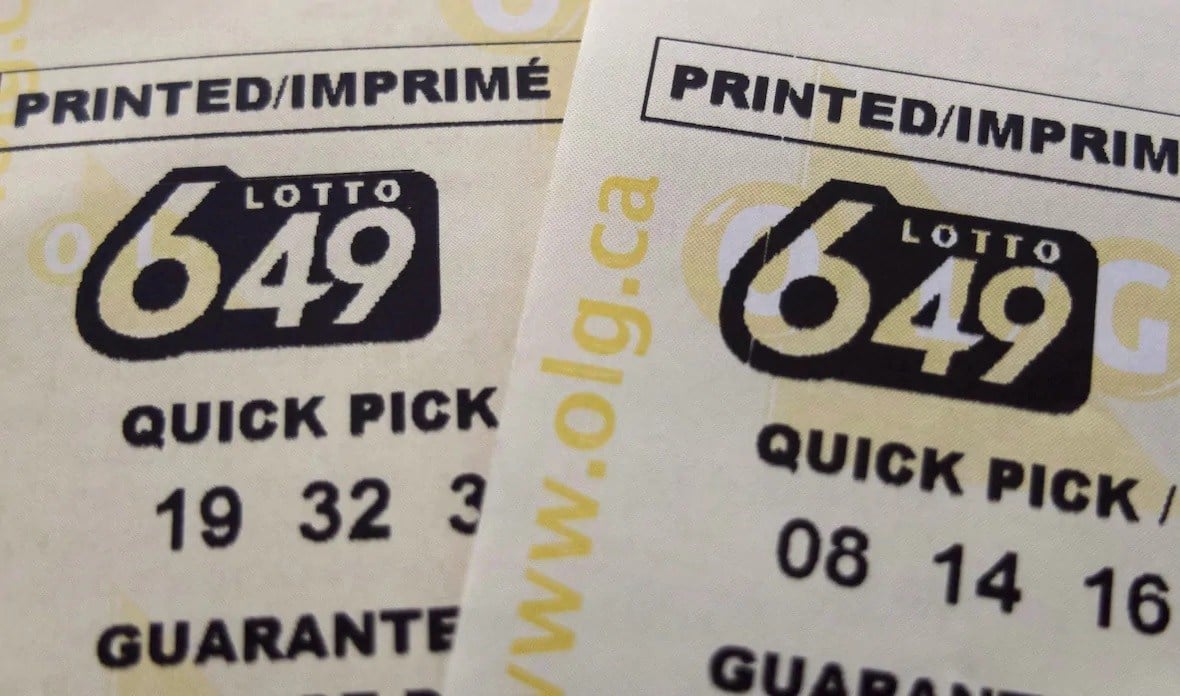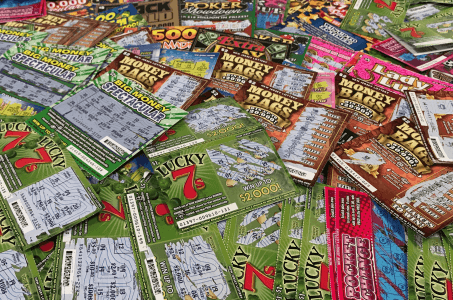Loto-Quebec Sued Over Long Lottery Odds But Longshot Lawsuit Shot Down by Judge
Posted on: May 10, 2019, 12:48h.
Last updated on: May 12, 2019, 02:14h.
A former avid player of Loto-Quebec’s 6/49 and Lotto Max lottery games has failed in her bid to sue the provincial government’s operator-regulator on the grounds that she did not fully understand just how horribly the odds of winning were stacked against her.

Martha Karas apparently also severely underestimated the odds of being taken seriously by the Quebec legal system. The province’s Court of Appeal tossed her case this week, which had previously been dismissed by the Quebec Superior Court back in 2017.
Karas had sought to bring a class-action lawsuit against Loto-Quebec — on behalf of anyone who had bought a lottery ticket in the province since July 2013 — because she believed the operator had failed to inform customers of their real chances of winning.
$150 Million Sought
She asked the courts to order Loto-Quebec to pay back all the profits it generated during that period, as well as C$150 million ($112 million) in punitive damages.
According to court documents, Karas had been buying 6/49 lottery tickets for two decades and Lotto Max tickets since 2012. But during a discussion with a lawyer friend, she came to realize that she had been laboring under a misapprehension.
For reasons known only to herself, Karas said she had believed the odds of winning to be around 5 million/1.
But according to the Loto-Quebec website, and the Loto-Quebec app, and the information printed on the backs of all tickets, the odds of predicting all six numbers in the 6/49 main draw were exactly 14 million/1, while the odds of predicting all seven in the Lotto Max draw were exactly 28.6 million/1.
This was the first hole in Karas’ case. She claimed that Lotto-Quebec’s “failure to mention the odds of winning on the tickets, … promotional and advertising materials, and on its website constitute misleading representations or omissions under the Consumer Protection Act (CP Act) and the Competition Act and a breach of its duty of good faith under the Civil Code of Quebec.”
But Loto-Quebec is required by law to do all of the above — and does.
Eternal Optimist
Karas also claimed, in apparent contradiction of the above, that “the odds of winning the jackpot published by the defendant do not reflect the risk that the jackpot will be shared among multiple consumers.”
But the Loto-Quebec website also states clearly: “Lotto Max is a variable-prize game. Prizes are calculated according to sales and divided among the winners in each category.”
Superior Court Justice Pierre Nollet rejected the class action lawsuit on the grounds that it had no chance of success because the allegations were too vague or were contradicted by actual evidence, a position that was emphatically upheld by the appellate court this week.
Related News Articles
Nebraska Lottery Won’t Pay Out on 405 Misprinted Scratch-Off Tickets
Powerball Ticket Stolen from ‘Rightful’ Winner, $2.04B Lawsuit Claims
Most Popular
Mirage Las Vegas Demolition to Start Next Week, Atrium a Goner
Where All the Mirage Relics Will Go
Most Commented
-
Bally’s Facing Five Months of Daily Demolition for Chicago Casino
— June 18, 2024 — 12 Comments
















Last Comment ( 1 )
You feel the need to express yourself YOUR WAY now, and any person or situation that has restricted your freedom of expression will have to go. ED is the main situation that gets dragged in this point and many people might think that this problem is related with the virus and bacteria but this is not true. Chatous is an online platform for meeting new people. Discover this awesome video adult chat platform and start communicating with the sexually liberated girls in the free chat rooms. Our Delhi Hot Girls cheerfully come to your home, hotel or office. How do you feel when they come at you frowning and complaining? You may feel freer to explore different perspectives and viewpoints. They will share with you new and revolutionary perspectives on life that you have previously rejected. Whatever you consider to be liberating for you, you will seek to achieve it now.